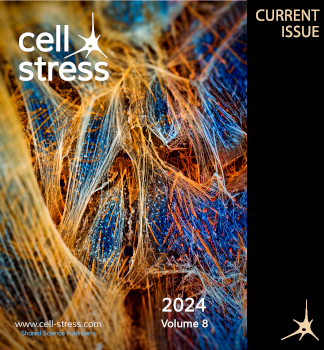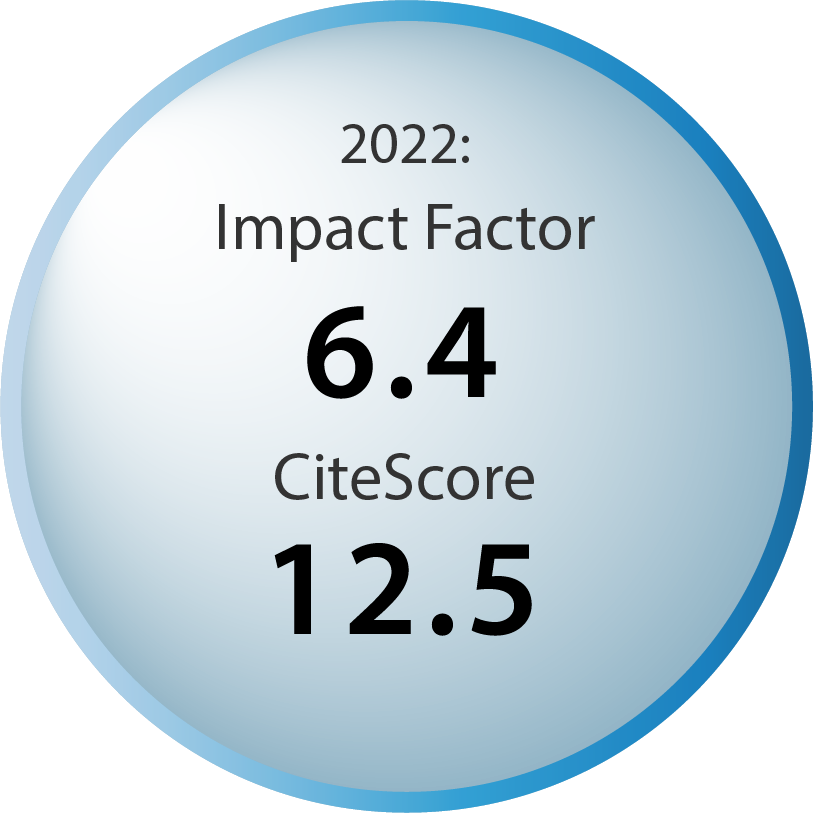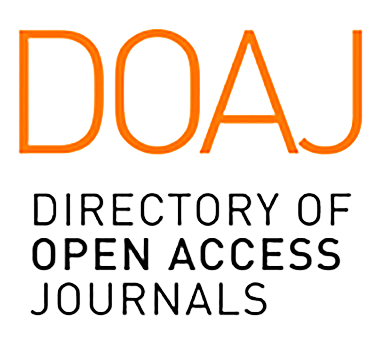Featured article:
MiR-200c reprograms fibroblasts to recapitulate the phenotype of CAFs in breast cancer progression
Zhao Lin, Megan E. Roche, Víctor Díaz-Barros, Marina Domingo-Vidal, Diana Whitaker-Menezes, Madalina Tuluc, Guldeep Uppal, Jaime Caro, Joseph M. Curry and Ubaldo Martinez-Outschoorn
Mesenchymal-epithelial plasticity driving cancer progression in cancer-associated fibroblasts (CAFs) is undetermined. This work identifies a subgroup of CAFs in human breast cancer exhibiting mesenchymal-to-epithelial transition (MET) or epithelial-like profile with high miR-200c expression. MiR-200c overexpression in fibroblasts is sufficient to drive breast cancer aggressiveness. Oxidative stress in the tumor microenvironment induces miR-200c by DNA demethylation. Proteomics, RNA-seq and functional analyses reveal that miR-200c is a novel positive regulator of NFκB-HIF signaling via COMMD1 downregulation and stimulates pro-tumorigenic inflammation and glycolysis. Reprogramming fibroblasts toward MET via miR-200c reduces stemness and induces (…)
Cell Stress (CES) emerges as a peer-reviewed publishing platform for high-impact research. CES publishes articles of extraordinary novelty and significance, including research papers and reviews that cover heterogenous topics in the field of cellular pathophysiology.
CES is an open access online journal that thus allows its readership and general public around the world to read, download, store, distribute or print any article free of charge. Long-term archiving and accessibility of all published articles is secured through partnership with different repositories, including PubMed Central.
At the same time, our open access policy ensures fast publication as well as high visibility and broad divulgence of the author’s published research. The financing of this policy is sustained by charging a publication fee/article processing charges (APCs). By pursuing an open access approach and the universal accessibility to scientific knowledge, we support the return to one of the essential values of science: the free exchange of ideas.
Meet the editorial board
The publisher
Publish with us
Connect with us
Indexing
News
- Cell Stress indexed in Web of Science Emerging Sources Citation Index
- Cell Stress Honorary Founding Editor Beth Levine dies at age 60
- Cell Stress accepted in Scopus
- Coronavirus outbreak: Perspective by leading infection biology researchers is now online
- Cell Stress indexed in Chemical Abstracts Service







